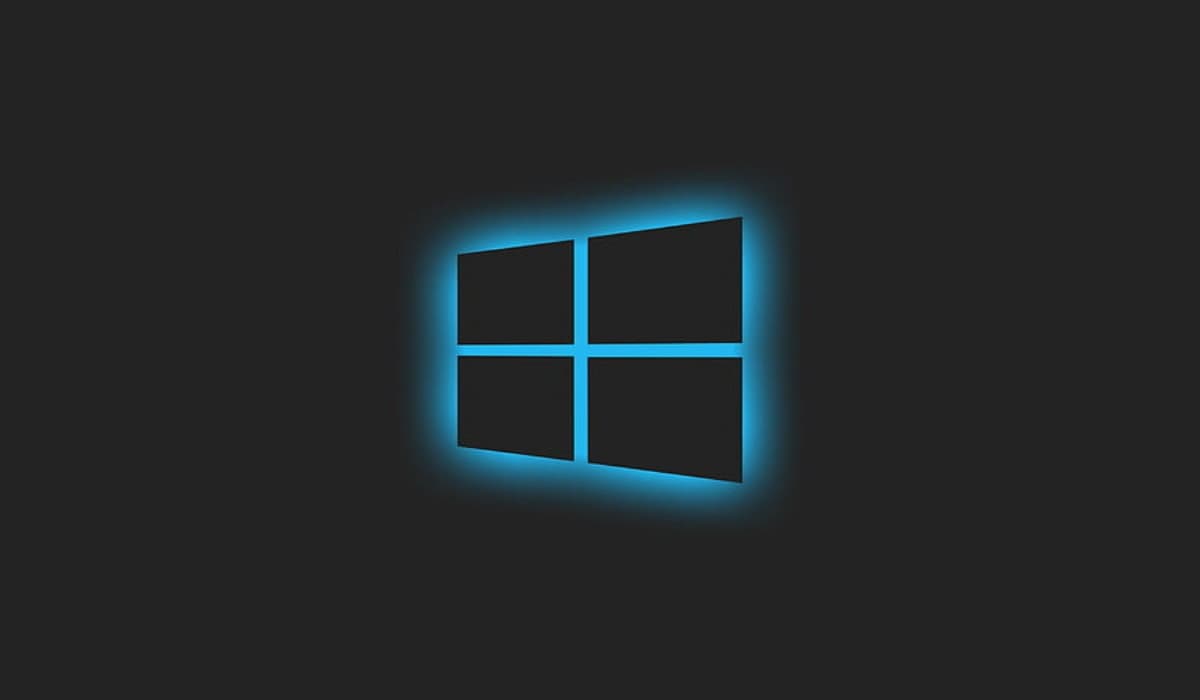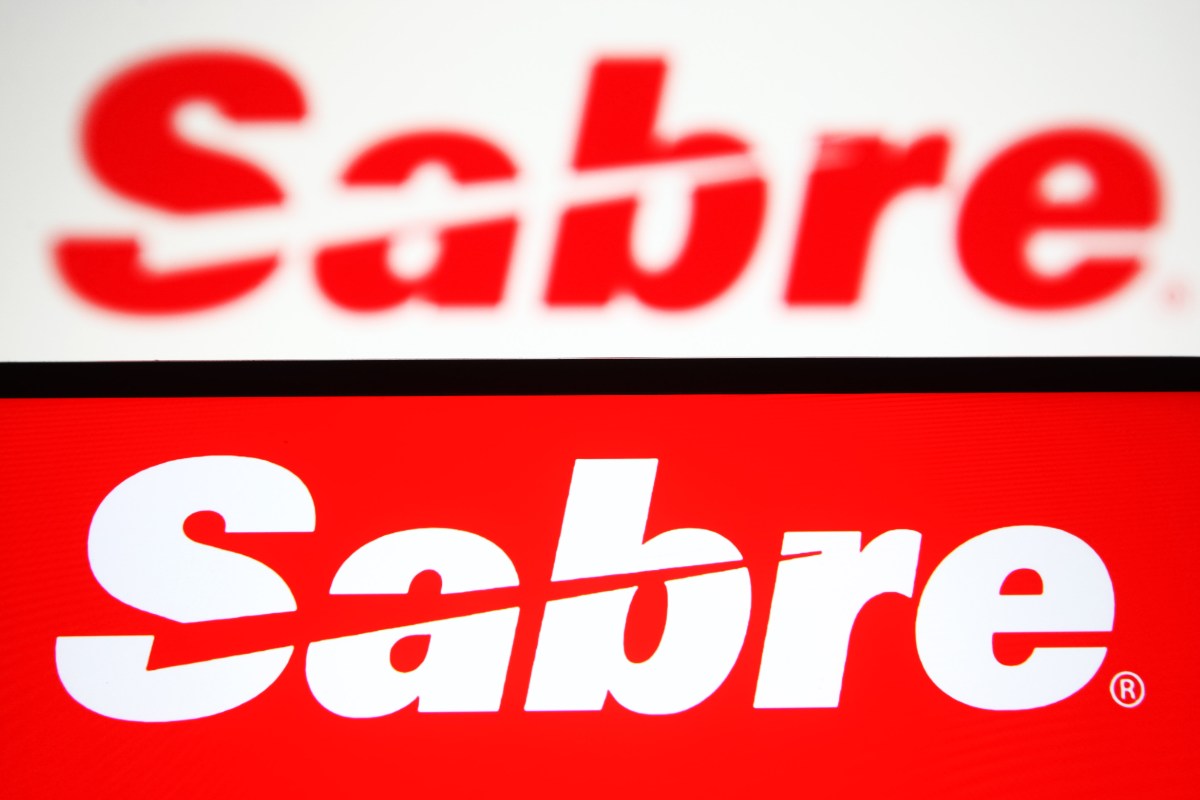New Agent Tesla Variant Uses Excel Exploit to Infect Windows PC
The new Agent Tesla variant exploits CVE-2017-11882/CVE-2018-0802 vulnerability to execute the malware.
Key Findings
- A new variant of the Agent Tesla malware family is being used in a phishing campaign.
- The malware can steal credentials, keylogging data, and active screenshots from the victim’s device.
- The malware is spread through a malicious MS Excel attachment in phishing emails.
- The malware exploits an old security vulnerability (CVE-2017-11882/CVE-2018-0802) to infect Windows devices.
- The malware ensures persistence even when the device is restarted or the malware process is killed.
New Agent Tesla Variant Detected in Malicious Phishing Campaign
FortiGuard Labs threat researchers have detected a new variant of the notorious Agent Tesla malware family used in a phishing campaign. Report author Xiaopeng Zhang revealed that the malware can steal “credentials, keylogging data, and active screenshots” from the victim’s device. Stolen data is transferred to the malware operator through email or SMTP protocol. The malware mainly infects Windows devices.
For your information, Agent Tesla malware is also offered as a Malware-as-a-Service tool. The malware variants use a data stealer and .NET-based RAT (remote access trojan) for initial access.
How Phishers Trap Users?
This is a phishing campaign, so initial access is gained through a phishing email designed to trick users into downloading the malware. The email is a Purchase Order notification that asks the recipient to confirm their order from an industrial equipment supplier.
The email contains a malicious MS Excel attachment titled Order 45232429.xls. This document is in OLE format and contains crafted equation data that exploits an old security RCE vulnerability tracked as CVE-2017-11882/CVE-2018-0802 instead of using a VBS macro.
This vulnerability causes memory corruption in the EQNEDT32.EXE process and allows arbitrary code execution through ProcessHollowing method, in which a hacker replaces the executable file’s code with malicious code.
A shellcode download/execute the Agent Tesla file (dasHost.exe) from this link “hxxp://2395.128.195/3355/chromium.exe” onto the targeted…

